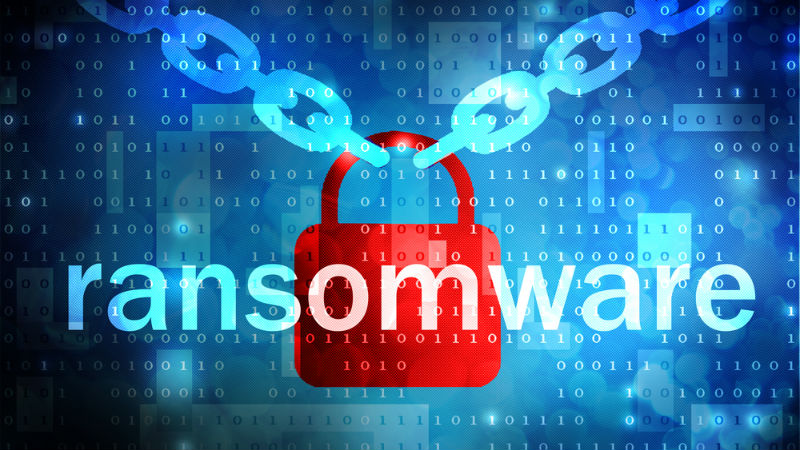Microsoft warns US healthcare of threat actor using new ransomware
Vanilla Tempest is now using INC, too.

Vanilla Tempest, a ransomware group also known as Vice Society, has been seen deploying the INC ransomware strain for the first time to target the American healthcare sector.
This is according to cybersecurity researchers from Microsoft, who recently detailed their newest findings in an X thread.
In the thread, the company said Vanilla Tempest first receives hands-off from Gootloader infections by Storm-0494, before deploying different malware and software, including Supper, AnyDesk, MEGA, and others.
Vice Society
The group uses Remote Desktop Protocol (RDP) for lateral movement, and Windows Management Instrumentation Provider Host to deploy the INC ransomware.
Unfortunately, Microsoft did not say which organizations Vanilla Tempest targeted, or how successful it was. Ransomware attacks against healthcare firms usually result in the leak of highly sensitive medical data, as well as potentially dizzying payouts.
Vanilla Tempest, or Vice Society, is a threat actor that’s been active since mid-2022. It usually targets education, healthcare, IT, and manufacturing sectors, and is known for frequently switching between different encryptors. While affiliates usually stick to one or two encryptors, Vanilla Tempest was observed using BlackCat, Quantum Locker, Zeppelin, Rhysida, and others.
In October 2022, Microsoft warned about Vanilla Tempest, saying it was known for swapping ransomware payloads as it targeted schools in the US. In some cases, Microsoft added, the group skips the encryption part altogether and just steals the data.
Are you a pro? Subscribe to our newsletter
Sign up to the TechRadar Pro newsletter to get all the top news, opinion, features and guidance your business needs to succeed!
Some of its victims include the Swedish furniture powerhouse IKEA, as well as the Los Angeles Unified School District (LAUSD). IKEA fell prey in late November 2022, when its shops in Morocco and Kuwait were forced to shut parts of their infrastructure down. A few months earlier, LAUSD tried to negotiate with the group to keep the stolen sensitive data private, but the negotiations broke down.
"Unfortunately, as expected, data was recently released by a criminal organization,” LAUSD said soon after. “In partnership with law enforcement, our experts are analyzing the full extent of this data release.”
The identity of the hackers is unknown to this day.
Via The Hacker News
More from TechRadar Pro
- IKEA confirms it was hit in significant cyberattack
- Here's a list of the best firewalls around today
- These are the best endpoint security tools right now
Sead is a seasoned freelance journalist based in Sarajevo, Bosnia and Herzegovina. He writes about IT (cloud, IoT, 5G, VPN) and cybersecurity (ransomware, data breaches, laws and regulations). In his career, spanning more than a decade, he’s written for numerous media outlets, including Al Jazeera Balkans. He’s also held several modules on content writing for Represent Communications.